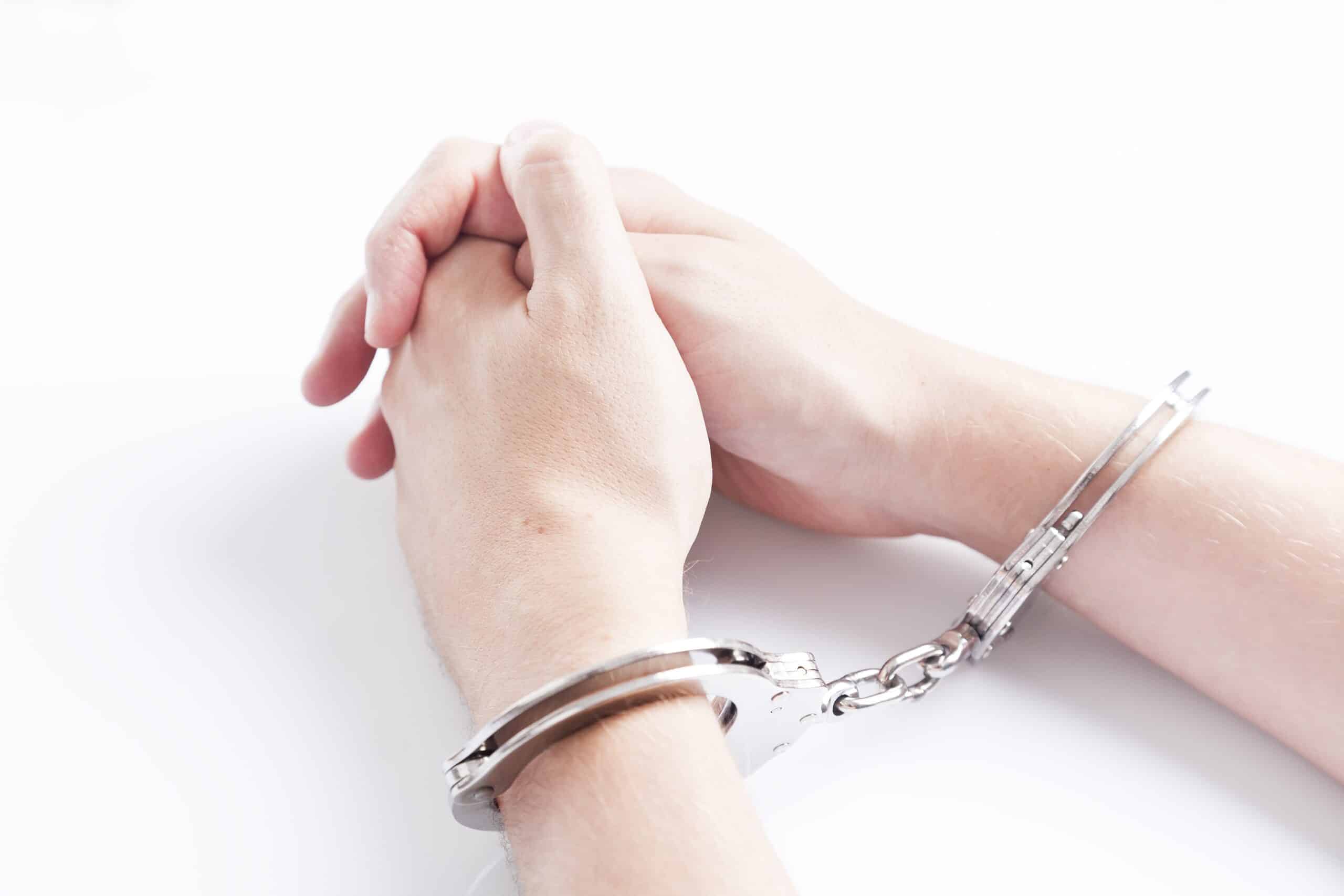Share This Article
When injuries are sustained in areas of a toddler’s body, inconsistent with a version of how those injuries were occasioned, it generally creates a suspicion and great concern.
24-year-old student Xing Shen and her partner 22-year-old Xi Zhang are accused of committing “acts of extreme violence” against a 3-year-old boy who has been left with serious brain injuries which may now result in life-long consequences to the child.
It is reported that on 8 May in Docklands, Melbourne the couple were babysitting the 3-year old boy while the mother was recovering from the flu so as to avoid the boy catching the flu.
The court documents outline, that the couple transported the child to the Royal Children’s hospital the same night. It is alleged that the couple had delayed medical attention for the child by about 45-minutes.
The hospital received the child unconscious with multiple bruises to his face, right leg, each ear, foot and abdomen.
Police and Doctors have said that these presented injuries and bruises, which are of varying ages, are at odds with the couples claim that the child had slipped before hitting his head after climbing onto Zhang’s shoulders.
The child had a blood clot removed during brain surgery. He was also put into induced coma and according to lawyers, has “no recollection of this particular incident”.
The couple have been charged with intentionally causing serious injury and are next due to appear at the Melbourne Magistrate’s court on 20 September via Audio Visual Link (AVL).
What’s the Law on Failing to Care for a Child in NSW?
In NSW, a person who has parental responsibilities, such as a babysitter or parent, who intentionally or recklessly fail to provide the child the necessities of life will face imprisonment of up to 5-years if the failure results in a danger of serious injury or death to the child (section 43A Crimes Act 1900 (NSW)).
What’s the Law on Wounding or Grievous Bodily Harm Offences in NSW?
Committing the crime of wounding or causing someone grievous bodily harm also carries heavier penalties in NSW depending on the type of assault charge.
Intentionally causing grievous bodily harm (GBH) or wounding to a person carries a maximum penalty of 25-years imprisonment (section 33 Crimes Act 1900 (NSW)). This carries a 7-year standard non-parole period.
Recklessly causing GBH (rather than intentionally) carries a maximum penalty of 10-years imprisonment with a 4-year standard non-parole period (section 35(2) Crime Act 1900 (NSW)).
Recklessly causing GBH in company attracts a 14-years maximum penalty of imprisonment with a 5-year standard non-parole period (section 35(1) Crimes Act 1900 (NSW)).
To recklessly wound someone carries a maximum penalty of 7-years imprisonment, and a 3-year standard non-parole period (section 35(4) Crimes Act 1900 (NSW)).
To recklessly do this in company has a maximum penalty of 10-years imprisonment, with a 4-year standard non-parole period (section 35(3) Crimes Act 1900 (NSW)).
What is a standard non-parole period? This represents the minimum term of imprisonment before eligibility to be released on parole back into the community for an offence falling in the middle of the range of objective seriousness.
The standard non-parole period is not a mandatory requirement for those offences that do fall in the middle range of objective seriousness- however, it’s a guide applied by the sentencing Court.
What is grievous bodily harm (GBH) and wounding? GBH is any ‘really serious injury’. It is also permanent or serious disfiguring such as a broken bone. This can also include grievous bodily disease such as HIV infection. Whereas, ‘wounding’ is where the skin is broken and includes a split lip.
What does it mean by recklessly doing this? This is where you turned your mind to be aware of the possibility of causing this type of injury but committed the offending actions regardless.
What are the defences to causing GBH or Wounding charges? Some defences that can apply to these charges include, self-defence, necessity or duress, where your act was not the cause of the injury on the victim, where you were so intoxicated that you could not have formed the requisite specific intent or awareness of the possibility of causing this type of injury.
If a defence applies to a case, the charge has potential to being withdrawn or dropped early through negotiations with the prosecution before the hearing.
This can save significant legal fees and stresses of going to court.
It’s strongly advised to anyone facing such charges to speak to an experienced team of criminal lawyers.
We have criminal lawyers located in Sydney who appear across all courts in serious criminal cases.
Call our friendly staff for a free first appointment 24/7 on 8606 2218.









